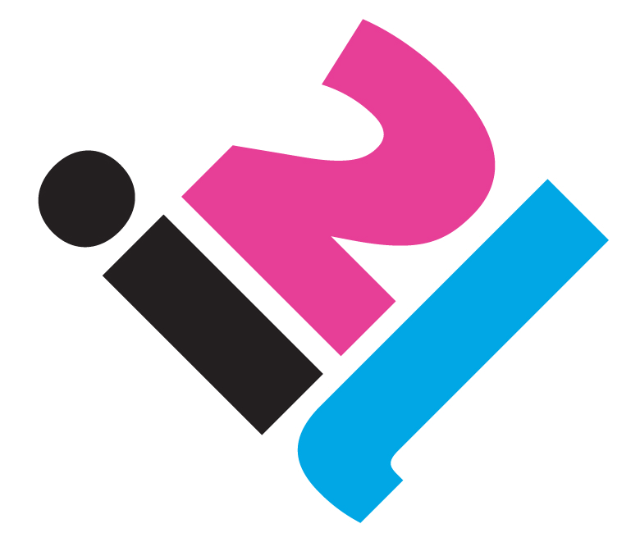A – Z Coaching and Mentoring – This week’s extract from Clare Smale’s book explores the different types of questions that can be used in coaching.
Don’t forget if you have a special request for a definition of a coaching term or principle, just let us know! Perfect for anyone studying for an ILM Coaching & Mentoring qualification, or as a refresher for experienced coaches.
Questions – In coaching there is a strong underlying presupposition that the client has all the answers within and is the ‘expert’ about themselves.The role of the coach is therefore to ask questions to help the client to think through options or solutions, make their own decisions and choose their way forward. The job of the coach is to ask questions that help the client to focus on their goals or issues with a different perspective. The best coaching questions help a client to think, feel or react differently, whilst less powerful questions will simply elicit information within the current way of thinking (frame of reference).
A-Z of questions: ?
- Closed – have a yes or no answer or present a choice between options. ?
- Commitment – How might you solve this right now? When will you do that?
- Distal – create thoughts for the future, between coaching sessions, a bit like homework. ?
- Dumb (Whitworth 1988) – too obvious to ask, or are they? What do you want? What is next? ?
- Future pacing – imagine the goal has been achieved. What is it like to be the person who already does this? ?
- Incisive – take away a limiting belief temporarily. What if you could not fail? What if time wasn’t a problem? ?
- Leading – these prompt the client to reply in a particular way. For example ‘What problems do you have with your colleague?’ assumes there are problems and leads the client in that direction. A non-leading question would be ‘how is your relationship with your colleague?’. ?
- Negative interrogation – keeps the focus on the problem and should be used sparingly. Why don’t you…? What stops you from…? ?
- Open – create potential. What are your options? What is your next step? ?
- Permission – check that it’s OK to explore something difficult. How would you feel about exploring this now? ?
- Precision – directly challenge the client. Exactly what will you do next? ?
- Proximal – questions about the here and now. ?
- Reframing – take a negative outlook and focus on something positive. What is your best attribute that can help you solve this? ?
- Socratic questions – look for contradiction or inconsistency.
- Truth – gain a deeper understanding. What is the truth here? What is really stopping you? ?
- Why – asking this question requires the client to stay in their old patterns of thinking, which is in conflict to the purpose of coaching. This question is commonly and effectively used in therapy rather than coaching. In a coaching context it can cause the client to be defensive or get stuck in negative thinking patterns. It is a useful question when used sparingly, rather than a powerful question.
Taken from the A-Z Coaching Handbook by Clare Smale where you will find a comprehensive A-Z, plus a full list of references.
Contact us for your copy or order through our website. See you next week!




